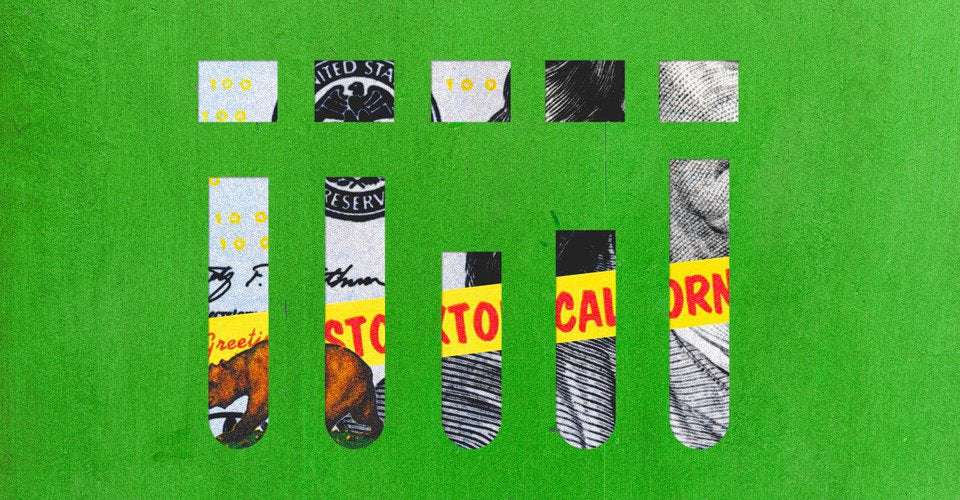Most adults without children have no program to help them keep gas in the car and a roof over their head, no matter how poor they are. Most families with kids don’t have one either. In the United States, poverty is used as a cudgel to get people to work. We got rid of welfare for poor families’ and poor individuals’ own good, the argument goes. Give people money, and they stop working. They become dependent on welfare. They never sort out the problems in their life. The best route out of poverty is a hand up, not a handout.
Stockton has now proved this false. An exclusive new analysis of data from the demonstration project shows that a lack of resources is its own miserable trap. The best way to get people out of poverty is just to get them out of poverty; the best way to offer families more resources is just to offer them more resources.
Derek Thompson: Busting the myth of ‘welfare makes people lazy’
The researchers Stacia Martin-West of the University of Tennessee and Amy Castro Baker of the University of Pennsylvania collected and analyzed data from individuals who received $500 a month and from individuals who did not. Some of their findings are obvious. The cash transfer reduced income volatility, for one: Households getting the cash saw their month-to-month earnings fluctuate 46 percent, versus the control group’s 68 percent. The families receiving the $500 a month tended to spend the money on essentials, including food, home goods, utilities, and gas. (Less than 1 percent went to cigarettes and alcohol.) The cash also doubled the households’ capacity to pay unexpected bills, and allowed recipient families to pay down their debts. Individuals getting the cash were also better able to help their families and friends, providing financial stability to the broader community.
“It let me pay off some credit cards that I had been living off of, because my household income wasn’t large enough,” one recipient named Laura Kidd-Plummer told me. “It helped me to be able to take care of my groceries without having to run to the food bank three times a month. That was very helpful.” During the study, Laura also experienced a spell of homelessness when the apartment building she was living in had a fire. The Stockton cash helped her secure a new apartment, ensuring that she could afford movers and a security deposit.
The researchers also found that the guaranteed income did not dissuade participants from working—adding to a large body of evidence showing that cash benefits do not dramatically shrink the labor force and in some cases help people work by giving them the stability they need to find and take a new job. In the Stockton study, the share of participants with a full-time job rose 12 percentage points, versus five percentage points in the control group. In an interview, Martin-West and Castro Baker suggested that the money created capacity for goal setting, risk taking, and personal investment.

againstthe-grain on March 4th, 2021 at 02:48 UTC »
When I started earning double my salary, I created a budget. I finally had enough left over to actually budget. I now set aside several hundred dollars every month to things like vehicle maintenance, clothing, hygiene etc. My favorite budget I’ve created is my “Fucked by life” budget. $100 a month to pay for things that fuck me unexpectedly.
DaemonTm on March 4th, 2021 at 02:10 UTC »
who gives a shit if they spent it on smokes and beer anyway?
wave_327 on March 4th, 2021 at 00:34 UTC »
Hey look, people want to spend money on things that keep them alive, who'd've thunk